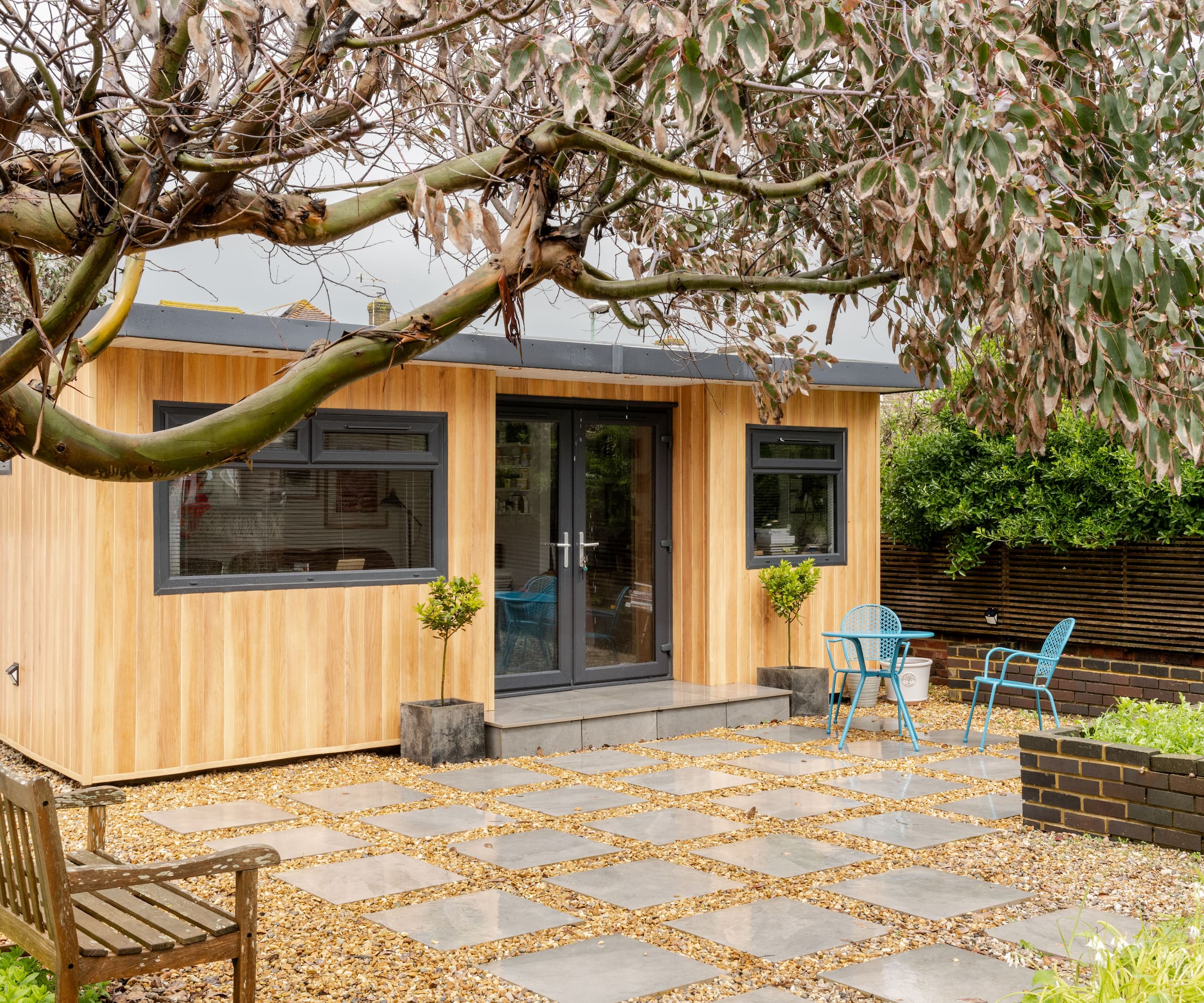More homeowners are facing unexpected council tax bills as local councils crack down on garden sheds converted into living spaces.
If you’re thinking to buy garden sheds or already own one, it’s important to understand how certain outbuildings with kitchens or bathrooms could be taxed separately.
This growing enforcement reflects councils’ efforts to make sure all self-contained properties pay their fair share.
When does a shed become a taxable property?
According to government guidance, “a property is considered a separate dwelling if it has its own kitchen, bathroom, and an independent entrance.”
Such structures, including garden sheds or annexes, can be subject to a distinct council tax band. The Valuation Office Agency, a government body that value properties for tax purposes, explains that “properties with self-contained living accommodation are valued and banded separately for council tax purposes.”
Councils regularly review planning applications and property sales, as well as conduct inspections, to identify outbuildings qualifying as separate dwellings.
This has led to an increase in cases where sheds with living facilities are reclassified and taxed independently.
Why are councils enforcing this more strictly now?
Local authorities are facing significant financial pressures including rising social care costs and growing debt burdens.
The government’s current council tax framework requires councils to ensure every chargeable dwelling pays its appropriate tax. A spokesperson highlights, “it is the responsibility of local councils to ensure council tax is charged fairly and accurately on all taxable properties.”
While national reforms aim to address broader council funding imbalances, councils rely on existing regulations to capture revenue from self-contained annexes.
This explains the recent uptick in “garden shed tax” cases, where outbuildings with kitchens and bathrooms are classified as separate homes.
What homeowners can do if their shed is reclassified
Homeowners who receive a new council tax band because their outbuilding is deemed a separate dwelling can challenge the decision.
The government advises: “If you believe your property has been banded incorrectly, you can appeal to the Valuation Office Agency or the relevant valuation body in your area.”
Providing evidence such as photos or floor plans showing the absence of living facilities can support your case. Consumer support groups such as the HomeOwners Alliance and Citizens Advice offer guidance to homeowners navigating council tax appeals.
The HomeOwners Alliance provides information on checking and challenging council tax bands, including eligibility for reductions and discounts. Citizens Advice offers advice on council tax, including how to check if you can pay less and what to do if you think your tax band is wrong.
With councils stepping up enforcement on outbuildings, staying informed and seeking expert advice is key to ensuring you’re only paying what you legally owe, and not a penny more.
View the original article and our Inspiration here


Leave a Reply